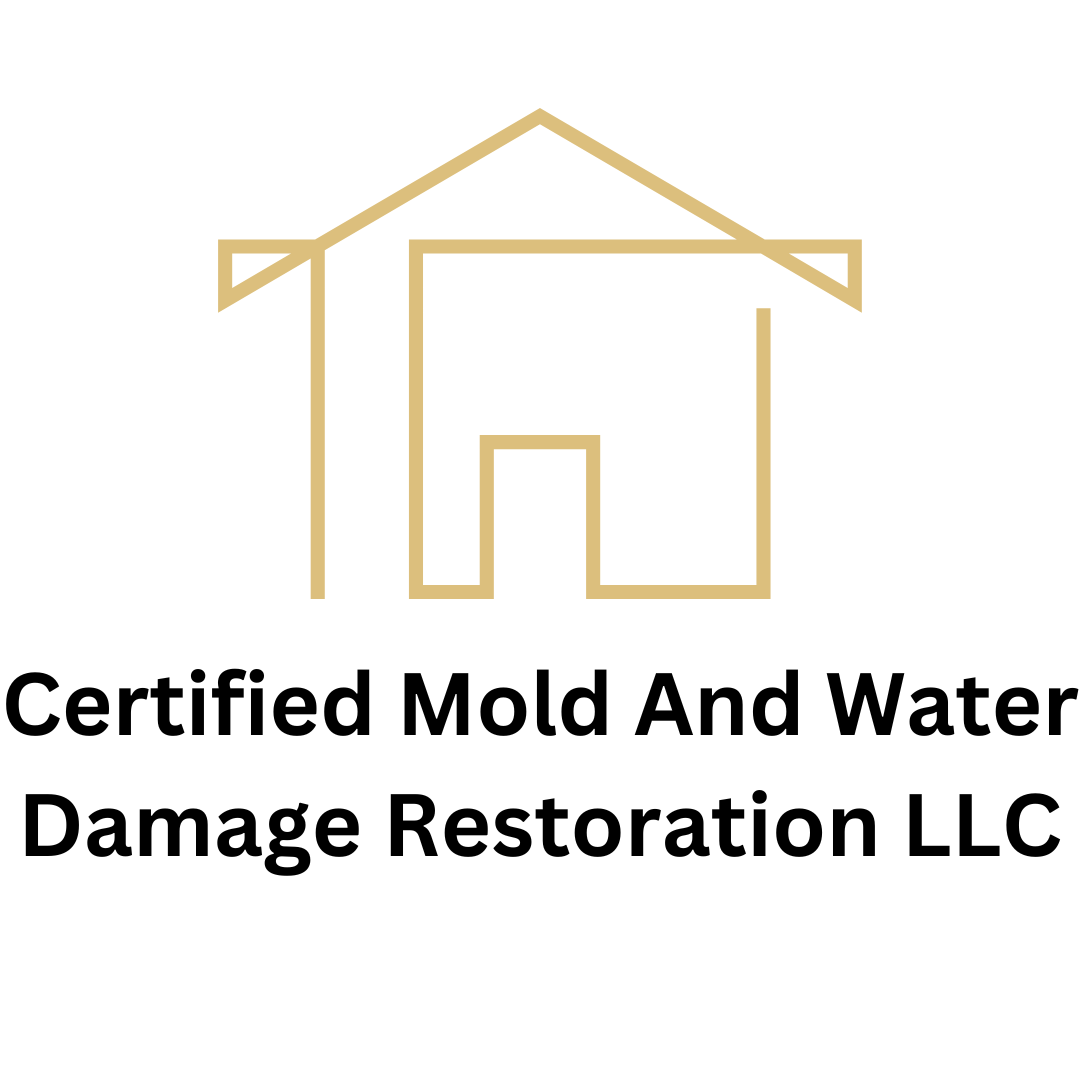How Long After Cleaning Mold Is It Safe?
Though mold is often found in damp places, don’t immediately conclude that you have mold-related health problems. Many healthy folks live in homes where there’s some mildew or even more severe mold growth. But what about those who do suffer from symptoms due to an indoor mold infestation? What are doctors supposed to tell them? Do they have guidelines for when patients should be tested? After all, shouldn’t their symptoms lead them to have a test done right away? Many different toxins can trigger allergic reactions and inflammation that might seem directly due to mold or other common allergens. Still, doctors often need some time before making this connection. The problem is that it may take months, or even longer, before the possible effects on the body of exposure to mold and other allergens can be detected via blood tests. An article in BMC Clinical Pathology explains why this is so.
In most cases, mold allergies might not show up for years, and often they don’t appear until the patient moves from an area where the spores were a standard part of their daily lives to a place where they’re less likely to be exposed. And more often than not, these types of sensitivities won’t even cause noticeable health problems at all during this time – instead, things usually get going once a person finally gets sick or injured enough that their immune system is weakened. For someone to have an actual mold allergy, their body needs to have been exposed for some time before it can create antibodies to fight off the irritants. This means there’s only so much doctors can tell based on long it takes for symptoms to Mold allergy sufferers will often claim that they’ve been sick for nearly a decade before finally being diagnosed with allergies to mold, but what is the cause of this? In most cases, it just has to do with how different people react to mold spores – some might have been living in an environment full of fungi and not even realized it until their airways ran into an irritant. If a doctor tests them for allergies and there isn’t any sign of a reaction, though, they might start to think something else is going on – primarily if a patient reports other problems as well. If a patient reports developing neurological issues due to mold, the doctor won’t diagnose them independently. In this case, they have to rely on further testing from experts in the field or even doctors who specialize in neurological diseases.

Recent Comments